Our community, at the time of writing, has nearly 29,000 members of our main group who offer support, understanding and advice to one another. But did you know we also have 12 sub groups which are open for any members of the main group to join? Sub groups tend to be smaller and more intimate than the main group, offering the same support and understanding as the main group but with a different focus. Each month we will be shining a light on a different sub group, kicking off with the wonderful ‘PMH Wellbeing’ and talking self care and connection with the group Admin, Teresa.
Teresa is an Admin for the PMH main group and Lead Admin of the PMH Wellbeing sub group. She found Parenting Mental Health 4 years ago, whilst desperately searching for advice and support for her child’s anxiety and depression. It was a revelation to realise that she had found other parents that were going through similar issues. PMH Wellbeing is a closed group exclusively for members of Parenting Mental Health to focus and reflect on their emotional, physical, spiritual, financial, environmental, social and intellectual wellbeing; to find support and accountability and to explore who they are and who they want to be, outside of their role as a carer for their child.
“It’s not about what you weigh or how much exercise you can do” Teresa explained “It’s about taking care of yourself and nourishing your mind, body and soul so you can have the strength, self belief and resilience to cope with the challenges of parenting a young person with a mental health issue, and to find yourself in the experience.”
She continued “PMH Wellbeing has been designed to be a safe space, where you can explore what you want for yourself as a person, not a parent. We focus on connection, support and cheerleading to help you keep your body and mind as healthy and happy as you can. You can expect the group to cover a range of topics based on the 8 Pillars of Wellbeing ranging from the physical and emotional, through to spiritual and environmental. The ethos being that if we as parent/carers are physically, mentally and emotionally well, we will be better equipped to manage the stress of supporting a mentally ill child. This differs from the main group which tends to be focused on the child, and coping with the challenges of parenting a young person with depression, anxiety or other mental health problems. The analogy often used within the group is that of an oxygen mask on an airplane “we must put on our own mask, before helping others.” It’s also very important to set an example of self care to our children, to model the blueprint for their own wellbeing.”
Teresa believes that by joining PMH Wellbeing members enjoy greater connection, encouragement and support, in addition to new ideas on how to integrate self care into everyday life – and over 1700 cheerleaders to help keep you motivated!
“It’s a space where you can set your intentions, track your journey, ask for help if you’re struggling, and celebrate when you’re winning.” Teresa explained ”It’s about being the best version of you. Whatever that means to you, we’re here to help you take a step towards it, and feel great about being YOU.”
Self care is important for everyone but arguably even more so for the parents of young people suffering from poor mental health. Taking time to attend to your own needs can improve your emotional and physical health, giving a short respite from the ongoing stress – ultimately enabling you to be a better caregiver.
So what does self care look like for members of PMH Wellbeing? “For me it’s things as fundamental as ensuring I attend all my own medical, well-woman, dental & optician appointments. It’s vital to prioritise sleep, when it’s possible and ensure I’m resting when my body tells me.” Teresa continued, “I try to ensure my home is decluttered and clear, and enjoy things as simple as reading (physical books, rather than digital) or watching the birds in the garden and listening to bird song. I enjoy Netflix binges and listening to podcasts when I can. Practicing gratitude (check out the main group for a daily gratitude post) and volunteering for PMH both bring a sense of satisfaction which improves my own mental health.”
So do come and visit the lovely folk at PMH Wellbeing, get some ideas and inspiration for how to build self care into your day to day. Experience the encouragement, connection and support this lovely group provides for yourself.
Visit Parenting Mental Health Wellbeing: https://www.facebook.com/groups/pmhwellbeing
(Please note you must be a member of the Parenting Mental Health main group to join PMH Wellbeing)

